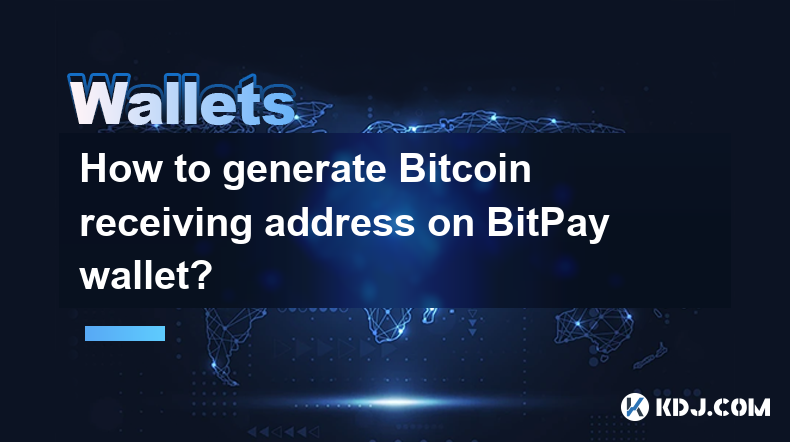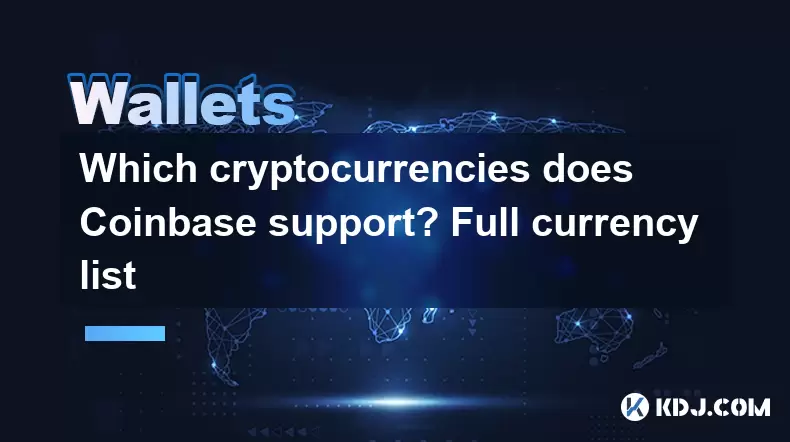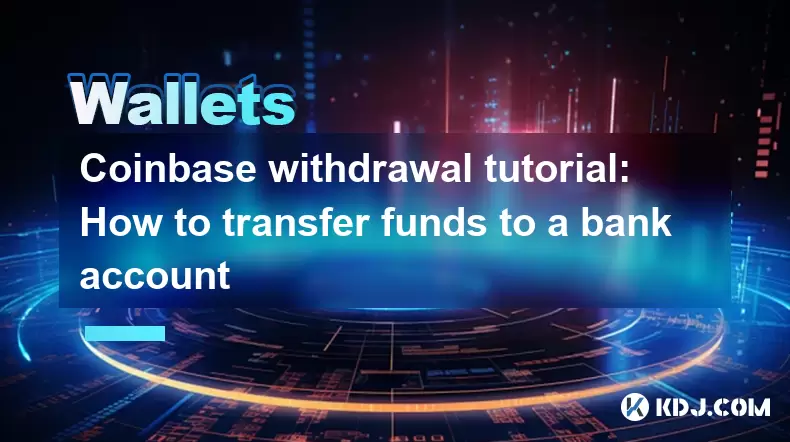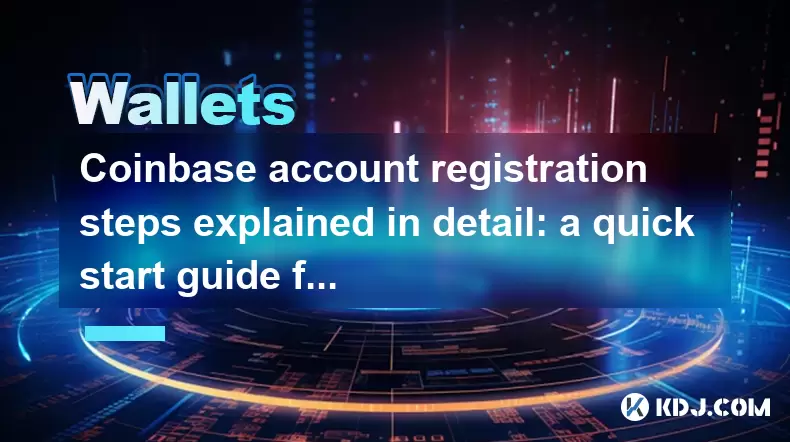-
 Bitcoin
Bitcoin $107,352.1067
0.28% -
 Ethereum
Ethereum $2,429.3531
-0.90% -
 Tether USDt
Tether USDt $1.0001
-0.02% -
 XRP
XRP $2.1894
4.62% -
 BNB
BNB $646.7968
0.36% -
 Solana
Solana $147.4290
4.03% -
 USDC
USDC $0.9998
-0.02% -
 TRON
TRON $0.2756
1.52% -
 Dogecoin
Dogecoin $0.1630
1.14% -
 Cardano
Cardano $0.5612
1.18% -
 Hyperliquid
Hyperliquid $37.0580
-0.05% -
 Bitcoin Cash
Bitcoin Cash $496.9410
-0.09% -
 Sui
Sui $2.7318
3.19% -
 Chainlink
Chainlink $13.1503
0.58% -
 UNUS SED LEO
UNUS SED LEO $9.0766
0.55% -
 Avalanche
Avalanche $17.7220
1.46% -
 Stellar
Stellar $0.2380
1.52% -
 Toncoin
Toncoin $2.8439
0.38% -
 Shiba Inu
Shiba Inu $0.0...01143
1.84% -
 Litecoin
Litecoin $85.8053
1.47% -
 Hedera
Hedera $0.1483
2.70% -
 Monero
Monero $314.3240
2.12% -
 Bitget Token
Bitget Token $4.6725
0.77% -
 Dai
Dai $1.0000
0.00% -
 Polkadot
Polkadot $3.3555
1.28% -
 Ethena USDe
Ethena USDe $1.0001
0.02% -
 Uniswap
Uniswap $7.0890
2.64% -
 Pi
Pi $0.5355
-3.40% -
 Pepe
Pepe $0.0...09393
1.06% -
 Aave
Aave $256.8136
-1.90%
How to generate Bitcoin receiving address on BitPay wallet?
Generate a new Bitcoin receiving address on BitPay for each transaction to enhance privacy and security; access your wallet, navigate to Bitcoin, and click "Receive" or "New Address."
Apr 01, 2025 at 09:42 am

How to Generate Bitcoin Receiving Addresses on BitPay Wallet?
Understanding Bitcoin Receiving Addresses
A Bitcoin receiving address is a unique identifier, like a bank account number, used to receive Bitcoin payments. Each address is cryptographically linked to your BitPay wallet. It's crucial to use a new address for every transaction to enhance your privacy and security. Reusing addresses can potentially reveal the connection between your transactions. BitPay makes generating these addresses straightforward.
Generating a New Bitcoin Receiving Address on BitPay
Generating a new Bitcoin receiving address on BitPay is a simple process. It's designed to be user-friendly, even for those new to cryptocurrency. The process ensures that every transaction has its own unique address, protecting your privacy. This is a fundamental aspect of Bitcoin security and best practice.
Step 1: Access Your BitPay Wallet: Log in to your BitPay account using your credentials. Ensure you're using a secure connection to prevent unauthorized access.
Step 2: Navigate to the Bitcoin Wallet: Once logged in, locate your Bitcoin wallet section within the BitPay interface. This is typically clearly labeled and easily accessible.
Step 3: Initiate Address Generation: Look for a button or option that says "Receive," "New Address," or something similar. Clicking this will initiate the address generation process.
Step 4: View Your New Address: BitPay will generate a new Bitcoin receiving address. This address will be displayed on your screen. Carefully copy this address to share with the sender. Do not use screenshots to share your address; copy and paste directly.
Step 5: Verify the Address: Before sharing the address, double-check that it's correct. A single misplaced character can lead to the loss of your funds. Take your time and verify carefully.
Step 6: Share the Address: Once verified, share this address with the person or entity sending you Bitcoin. Ensure they copy the address accurately to avoid errors. You can also use a QR code for faster and more accurate transfer.
Understanding BitPay's Address Management
BitPay typically manages your addresses automatically. While you can generate many addresses, you don't need to actively manage them. The system automatically tracks incoming transactions. However, it's always good practice to generate a fresh address for each transaction for enhanced security and privacy. This is a recommended best practice in the cryptocurrency community.
Security Considerations When Using Bitcoin Addresses
Security is paramount when dealing with Bitcoin. Never share your BitPay login credentials with anyone. Be wary of phishing scams that may attempt to steal your information. Always use a strong, unique password and enable two-factor authentication (2FA) if available. This adds an extra layer of security to your account. Remember, BitPay will never ask for your seed phrase or private keys.
Troubleshooting Common Issues
Sometimes, issues might arise during the address generation process. If you encounter problems, check your internet connection. A poor connection can interrupt the process. If the problem persists, contact BitPay's customer support for assistance. They can help troubleshoot any issues you may be facing. Remember to provide them with any relevant error messages or screenshots (without sensitive information).
Using QR Codes for Bitcoin Transactions
BitPay often provides the option to generate a QR code for your Bitcoin receiving address. This is a convenient method for receiving payments, especially from mobile wallets or applications. Simply scan the QR code with the sender's wallet app to automatically populate the receiving address. This reduces the risk of manual entry errors.
Different Bitcoin Networks and Addresses
It's important to note that different Bitcoin networks (like Bitcoin Mainnet and Bitcoin Testnet) use different addresses. Ensure you're using the correct address for the intended network. Sending Bitcoin to the wrong network will result in the loss of your funds. Always double-check the network before initiating a transaction.
The Importance of Privacy in Bitcoin Transactions
Using a new address for every transaction significantly enhances your privacy. Reusing addresses can reveal patterns in your spending habits. While BitPay's system is designed for security, proactively generating new addresses contributes to a more private and secure experience. This is a key aspect of responsible cryptocurrency usage.
Frequently Asked Questions
Q: What happens if I reuse a Bitcoin receiving address?
A: While not catastrophic, reusing a Bitcoin receiving address reduces your privacy. It allows others to potentially link multiple transactions to the same wallet. It is best practice to use a new address for every transaction.
Q: Can I generate multiple Bitcoin addresses on BitPay?
A: Yes, you can generate as many Bitcoin receiving addresses as needed within your BitPay wallet. There is no limit to the number of addresses you can create.
Q: What should I do if I accidentally share the wrong Bitcoin address?
A: Immediately contact the sender and inform them of the mistake. Hopefully, they haven't sent the funds yet. If the funds have been sent, contact BitPay support to explore potential recovery options, although this is unlikely to be successful.
Q: Is it safe to use BitPay to receive Bitcoin?
A: BitPay is a reputable and widely used platform. However, like any online service, it's essential to practice good security habits. Use a strong password, enable 2FA, and be vigilant against phishing attempts.
Q: What if I lose access to my BitPay account?
A: Securely storing your recovery phrase or seed phrase is crucial. This allows you to regain access to your funds should you lose access to your BitPay account. Never share this phrase with anyone.
Q: How do I know if a Bitcoin receiving address is valid?
A: A valid Bitcoin address follows a specific format and consists of alphanumeric characters. You can often verify the address format using online tools, although caution is advised. Always verify the address with the sender before sending any funds.
Disclaimer:info@kdj.com
The information provided is not trading advice. kdj.com does not assume any responsibility for any investments made based on the information provided in this article. Cryptocurrencies are highly volatile and it is highly recommended that you invest with caution after thorough research!
If you believe that the content used on this website infringes your copyright, please contact us immediately (info@kdj.com) and we will delete it promptly.
- RUVI Token Soars: Can It Eclipse Cardano's Forecast?
- 2025-06-29 02:30:12
- Meme Coin Mania: Can Little Pepe Outshine Shiba Inu and Dogecoin?
- 2025-06-29 02:30:12
- XRP Tokens: Navigating Financial Status and the Art of Buying In
- 2025-06-29 02:50:12
- Transparent Fees, Trading Power, No Surprises: LeveX's Honest Approach
- 2025-06-29 02:50:12
- DAO Price, Total Value Locked, and All-Time Highs: What's Driving the DeFi Surge?
- 2025-06-29 03:21:18
- BlockDAG, Polygon, Render, and Polkadot: Navigating the Altcoin Landscape in NYC Style
- 2025-06-29 03:21:18
Related knowledge

How to stake cryptocurrencies on Coinbase? Benefits and risks
Jun 27,2025 at 06:36pm
Understanding Cryptocurrency Staking on CoinbaseStaking cryptocurrencies involves locking up digital assets to support the operations of a blockchain network, typically in return for rewards. Coinbase, one of the most popular cryptocurrency exchanges globally, offers staking services for several proof-of-stake (PoS) coins. Users can stake their holdings...

How to contact Coinbase customer service? Support channels and response times
Jun 28,2025 at 01:29pm
Contacting Coinbase Customer Service: Support Channels and Response TimesIf you're a user of Coinbase, reaching their customer service team may become necessary for various reasons, such as account verification issues, transaction disputes, or technical difficulties. Understanding the different support channels available and what to expect in terms of r...

Coinbase advanced trading function usage tutorial: limit orders and market orders
Jun 28,2025 at 09:07pm
Understanding the Difference Between Limit Orders and Market OrdersWhen using Coinbase's advanced trading features, it is crucial to understand the fundamental difference between limit orders and market orders. A market order executes immediately at the best available price on the market. This type of order ensures that your trade goes through quickly, ...

Which cryptocurrencies does Coinbase support? Full currency list
Jun 28,2025 at 08:36am
Overview of Cryptocurrencies Supported by CoinbaseCoinbase is one of the most popular and trusted cryptocurrency exchanges globally. It provides users with a platform to buy, sell, trade, and store various digital assets. As of the latest updates, Coinbase supports over 200 cryptocurrencies, including major ones like Bitcoin (BTC), Ethereum (ETH), and L...

Coinbase withdrawal tutorial: How to transfer funds to a bank account
Jun 28,2025 at 02:35am
Understanding Coinbase WithdrawalsCoinbase is one of the most widely used cryptocurrency platforms, allowing users to buy, sell, and store digital assets. Once you've successfully traded or held your crypto on Coinbase, the next logical step may be to withdraw funds to a bank account. This process involves converting your cryptocurrency into fiat curren...

Coinbase account registration steps explained in detail: a quick start guide for beginners
Jun 29,2025 at 03:00am
Understanding the Coinbase PlatformCoinbase is one of the most popular and trusted cryptocurrency exchanges in the world. It allows users to buy, sell, store, and manage various cryptocurrencies with ease. For beginners, understanding how to create a Coinbase account is the first crucial step toward entering the world of digital assets. Before diving in...

How to stake cryptocurrencies on Coinbase? Benefits and risks
Jun 27,2025 at 06:36pm
Understanding Cryptocurrency Staking on CoinbaseStaking cryptocurrencies involves locking up digital assets to support the operations of a blockchain network, typically in return for rewards. Coinbase, one of the most popular cryptocurrency exchanges globally, offers staking services for several proof-of-stake (PoS) coins. Users can stake their holdings...

How to contact Coinbase customer service? Support channels and response times
Jun 28,2025 at 01:29pm
Contacting Coinbase Customer Service: Support Channels and Response TimesIf you're a user of Coinbase, reaching their customer service team may become necessary for various reasons, such as account verification issues, transaction disputes, or technical difficulties. Understanding the different support channels available and what to expect in terms of r...

Coinbase advanced trading function usage tutorial: limit orders and market orders
Jun 28,2025 at 09:07pm
Understanding the Difference Between Limit Orders and Market OrdersWhen using Coinbase's advanced trading features, it is crucial to understand the fundamental difference between limit orders and market orders. A market order executes immediately at the best available price on the market. This type of order ensures that your trade goes through quickly, ...

Which cryptocurrencies does Coinbase support? Full currency list
Jun 28,2025 at 08:36am
Overview of Cryptocurrencies Supported by CoinbaseCoinbase is one of the most popular and trusted cryptocurrency exchanges globally. It provides users with a platform to buy, sell, trade, and store various digital assets. As of the latest updates, Coinbase supports over 200 cryptocurrencies, including major ones like Bitcoin (BTC), Ethereum (ETH), and L...

Coinbase withdrawal tutorial: How to transfer funds to a bank account
Jun 28,2025 at 02:35am
Understanding Coinbase WithdrawalsCoinbase is one of the most widely used cryptocurrency platforms, allowing users to buy, sell, and store digital assets. Once you've successfully traded or held your crypto on Coinbase, the next logical step may be to withdraw funds to a bank account. This process involves converting your cryptocurrency into fiat curren...

Coinbase account registration steps explained in detail: a quick start guide for beginners
Jun 29,2025 at 03:00am
Understanding the Coinbase PlatformCoinbase is one of the most popular and trusted cryptocurrency exchanges in the world. It allows users to buy, sell, store, and manage various cryptocurrencies with ease. For beginners, understanding how to create a Coinbase account is the first crucial step toward entering the world of digital assets. Before diving in...
See all articles

























































































